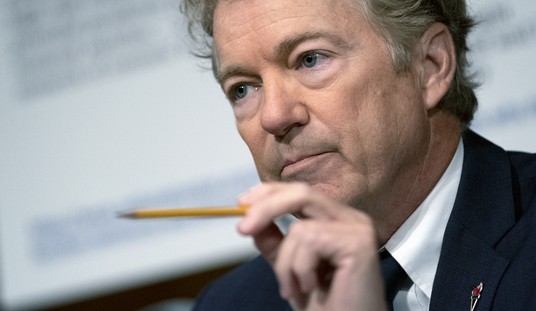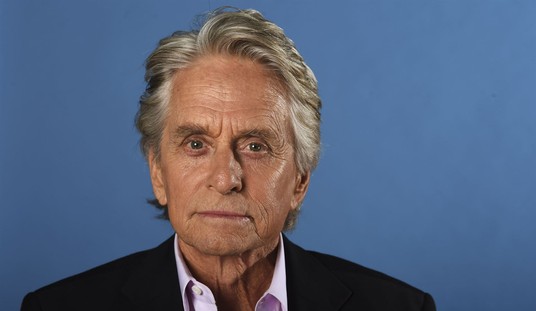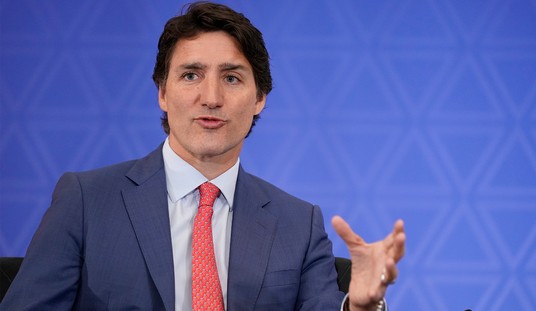The European Union is losing a major player in the United Kingdom, but there’s other potential cracks in the alliance showing up and additional wrinkles to resolve. While it’s still far from a sure thing, Catalonia may split off from Spain, leaving a question mark over their future. And some of the established EU members have been making noises about not being terribly happy with the way Brussels runs the operation.
Is there some sort of a major split coming? It’s not hard to imagine, and the players who are grouping up into what appear to be opposing teams are familiar names. It’s basically the old, socialist democrat west and the more traditionally authoritarian east. Bloomberg recently looked at the long game in the EU and found that the map – if it ever does divide – would have many similarities to old alliances dating back to before the cold war.
Now, another rupture may be sneaking up on Europe, driven by a similar mixture of pent-up anger and short-term political maneuvering. This one is between the old West European democratic core of the EU, led by Merkel and increasingly by Emmanuel Macron, who are keen to integrate the euro zone, and the populist authoritarians of Eastern Europe, who dislike Brussels. This time the arguments are ones about political freedom and national sovereignty.
Later this month it looks likely the Czechs will have a new Trumpian prime minister—Andrej Babis, a populist billionaire who wants to send Arab immigrants back home and promises to make the government work as well as his businesses do. To be fair to Babis, he’s a rather more subtle figure than the American president (not to mention a more successful businessman). He is, for instance, careful to emphasize his respect for the judiciary and, on immigration, he welcomes newcomers from Ukraine, pointing out that he himself comes from Slovakia. His main appeal is efficiency (he fumes about his former coalition partners playing with their phones in cabinet meetings).
The Czech Republic and their new leader, Andrej Babis, are only one example of this trend. We’ve done plenty of coverage here of Viktor Orban and the direction that Hungary has been taking. In Poland, Jaroslaw Kaczynski pulls the real strings of power while having passed on taking either of the two top offices. His feelings about Merkel and Macron when it comes to forced resettlement of refugees and globalist visions are well known. We’re seeing similar stories play out in places such as Bulgaria, Romania, Slovakia and Lithuania. Are you detecting a pattern here? These are all of the eastern block nations who weren’t in the original club and only joined after 2004. They are also in a relatively compact line north and slightly northwest from Greece and Turkey, so they bore the brunt of the initial migrant stream.
It’s probably no mystery why they still tend to have a bit more of a nationalist bent and prefer to keep control of their own borders. There’s also something of a culture clash between those nations and the more libertine societies in France and her neighbors. And you probably don’t want to get any of them started on Germany after they’ve got a couple of Oktoberfest brews in them.
Perhaps such friction was always going to be unavoidable. Europe is not traditionally a country or even a union. It’s an assemblage of individual nations, nearly all with lengthy histories and traditions which make America look wet behind the ears. (And in terms of the raw number of years involved, we absolutely are. They still have buildings over there that were standing millennia before our Declaration of Independence had the first signature on it.) Trying to smash them all together, knock down their borders and force them to listen to any dictates from what many still doubtless remember as a hostile power was never going to be easy.
So will it last? I have the feeling that the European Union may still be around for a long time… at least on paper. But given the way many of these eastern nations have been thumbing their nose at Brussels recently, it may be more symbolic than substantive.








Join the conversation as a VIP Member